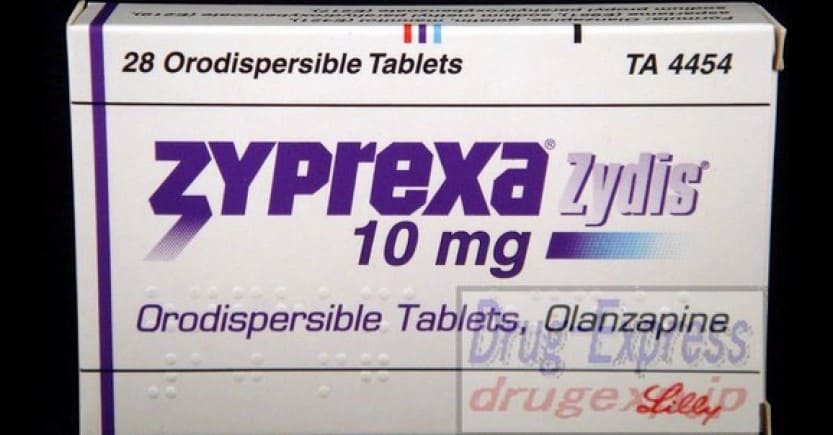What the Zyprexa Drug Company Doesn’t Want You to Know
Eli Lilly says it didn’t break any laws in marketing its most popular drug, Zyprexa (olanzapine) for medical conditions for which it is not approved. Yet, the company is considering a one billion dollar settlement with the government, according to the New York Times. (2009 article here.)
Zyprexa, an “atypical antipsychotic” s approved for adult use in schizophrenia and severe bipolar disorder. It is considered off-label when a physician decides to prescribe this strong medication to control Tourette syndrome symptoms or depression (this occurs even when the person is not psychotic). Off-label prescriptions are generally permissible, but a drug company is not supposed to encourage their drug’s use for conditions or age groups that have not been researched, as appears to be the case here.
The New York Times reports that this new fine would be in addition to $1.2 billion that Lilly has already paid to settle 30,000 lawsuits from people who claim that Zyprexa caused them to develop diabetes or other diseases; deaths have also occurred. Safety for use in children has not been established. Other side-effects include, in part:
- Reduction in body temperature
- Cerebrovascular adverse reactions
- Cognitive and motor impairment
- Hyperglycemia
- Neuroleptic malignant syndrome (NMS)
- Hypotension
- Seizures
- Suicide
- Tardive dyskinesia (a movement disorder)
Clearly, the side-effects for this drug can be very serious. If you or a loved one are taking it, be sure you are aware of the risks involved. Drug companies care about profit, not you, and you have to be your own health advocate. If you are on Zyprexa and want to consider a different approach, find a trustworthy physician with whom you can discuss the issue.









